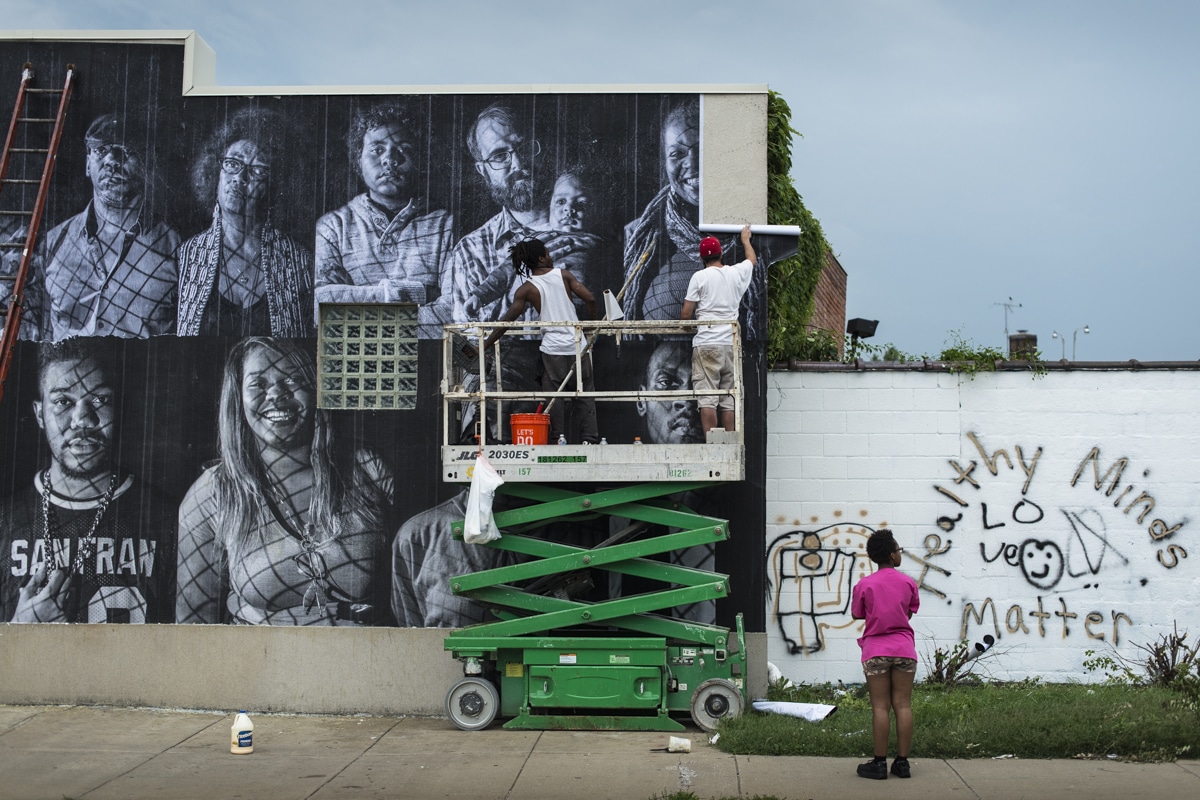The eruption of black student protests in the fall of 2015 came in a moment of protracted quiet in the larger Black Lives Matter movement. As the national movement slowed over questions of strategy, student demonstrations broke out on campuses across the country, reigniting the urgency of black political protest. The emergence of a black student movement demonstrated the capacious meaning of “Black Lives Matter” and the difficulty of shoehorning the movement into one focused only on police violence and brutality.
The student protests were evidence of a general mood of anger and frustration with the limitations of freedom and democracy that run throughout black America. Many scoffed at the idea that black students really had anything to complain about, let alone occupy campus buildings. But the protests were indicative of anxieties that run deep even in black middle-class enclaves: disproportionate levels of debt, home foreclosures, higher rates of unemployment, and diminished savings and wealth accumulation.
In this regard, campus protests were not only about campus life but reflected a developing consciousness among black students in particular that there is little refuge in college or university life and that these institutions are profoundly shaped by the inequities that leave their mark on the rest of society.
This is the context within which Robin Kelley intervenes. He critiques what he sees as the student movement’s desire to make the campus more “hospitable” to black students. Kelley is not advocating that students of color simply leave the university, but he argues for a need to be in the university rather than of it. Here, he is challenging the list of demands of many campus protests intending to make the campus more inclusive to the needs of black and oppressed students—demands for greater faculty diversity, renaming campus buildings and monuments, and curriculum changes, among others.
I don’t disagree with Kelley’s basic claims that the university reflects all of the institutional racism and biases that we see throughout American society. The issue is whether the student protests should be dismissed as only putting lipstick on a pig. True, their demands will certainly not transform the fundamental character of American universities, but that does not mean these limited reforms are not worthwhile.
In fact, there is a relationship between more modest demands on the university and the more insurgent posture that Kelley advocates (and that I agree with). The demands made by black students across the country have been derived in the heat of struggle and represent the politics, collaboration, and aspirations of the existing movement. They represent the efforts to transform the conditions of the campuses they often live within to reflect their principles of respect and dignity. No black student should ever have to live in a residential space named after an avowed racist such as John C. Calhoun—which is currently the case at Yale University. Why should black students at Princeton University have to honor the legacy of President Woodrow Wilson, who fought hard to prevent black students from having a presence on the campus? The demand for more black and women faculty is not an exercise in futility; neither is the desire for curricula that more accurately reflect the world we live in as opposed to the “great white men” narratives of so much coursework and history.
These demands may not radically transform the university’s “commitment to war and security,” but they have the potential to crack open debates about racial inequality on campus, thereby creating a larger platform to address the history and contemporary practices of racism in these institutions.
Small victories can empower one to fight larger battles. Some protesters will be satisfied with improving life on campus, but others will be inspired to struggle for demands of greater consequence. Campus radicals who have already come to these conclusions risk cutting themselves off from the newly initiated by dismissing out of hand what appear to be reforms rather than the revolution. But rarely has there been revolution without reform.








